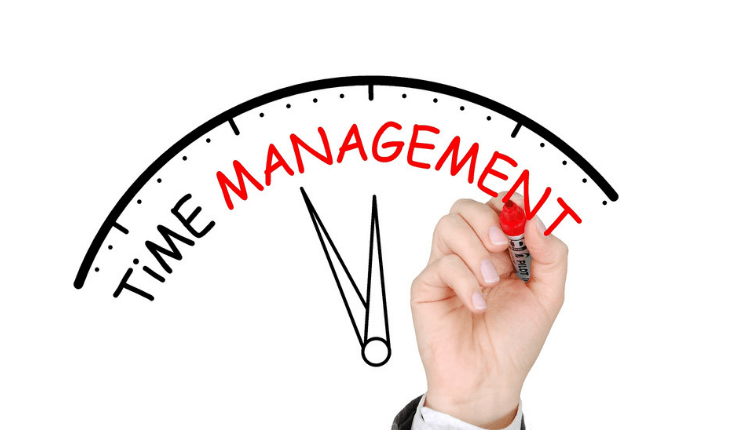Effective Time Management Tips for Researchers

Efficient time management is essential at every stage of a researcher’s career. A researcher is expected to undertake several tasks such as carrying out experiments, writing reports, publishing papers, administrative tasks, teaching, and applying for funding. This amidst many frustrations including constant interruptions from emails, colleagues, and students as well as experiments that do not always go as planned. Time is a scarcity and hence, needs to be used wisely.
How Effective Time Management Helps
To be a successful researcher, it is important to remain focused on your work. This can be accomplished by effectively managing your time. Effective time management can make you more productive as a researcher and minimize the factors that drain your time such as procrastination and interruptions.
Effectively managing your time will help you experience:
- improved job satisfaction
- reduced stress
- increased productivity
Expert Tips to effectively utilize time
- Plan well: Plan your day according to your most productive times. If you are a morning person, schedule tasks that require more concentration early in the day. Create a to-do list in accordance with your plan.
- Manage interruptions: Assign a fixed time during the day to deal with interruptions such as emails, phone calls, instant messages, and social media rather than allowing them to interrupt you throughout the day. You could waste up to half an hour of your time regaining your focus after you have been disturbed.
- Use spare time effectively: Always keep something to read with you. A reading task can be done while waiting on a bus or in a queue.
- Go Digital: Use a project management software to help you organize and keep control of all your tasks.
- Avoid postponing: Needlessly postponing unpleasant tasks just delays completing them.
- Practice self-discipline: Lack of self-discipline is a serious impediment. Stick to the plan.
- Time buffers: Schedule an extra 50% of the time as a buffer when you schedule time for a task. If you do not use this buffer, you can use the time to tick off a quick task. But at least you won’t eat into the next task’s time slot.
Things to keep in mind
- The only time you should multi-task is while you are waiting for an experiment such as an incubation step. People are much more productive when concentrating on one task at a time.
- Make time for a break. Research has shown that you are less productive when you work long hours. The increase in stress and exhaustion not only slows you down; it leads to errors, accidents, and ill-health. Any of these factors could cost you extra time and decrease your productivity in the long run.
- Avoid aggravation during group meetings and maintain a positive environment at work. This can certainly improve productivity.
- Make time for meals. Deficiency of essential nutrients can have a deleterious effect on memory and cognitive ability.
Hopefully, this article will help you practice effective time management and make you a productive researcher.
Would you like to add any other useful tip? Let us know in the comments section below.










Time management is definitely very important when you want to stay productive and efficient. I am not very good at keeping track of my productivity, that’s why I use time tracking tools to help me out.